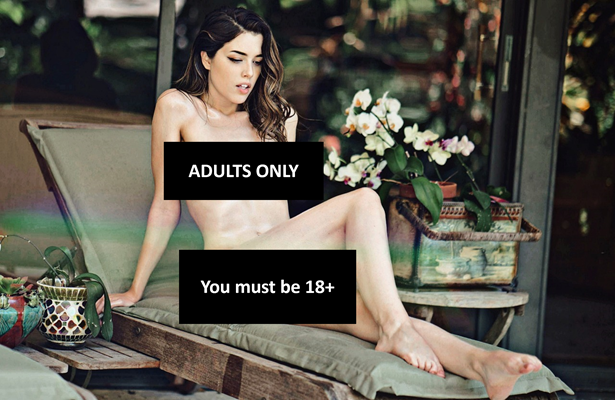It’s amazing what you have to do these days to protect kids from obscene “literature.” Content that is inappropriate and offensive to adult legislators who insist it remains available and accessible to children.
Not in West Virgina, if lawmakers have their way.
The House passed House Bill 4654 – removing bona fide schools, public libraries, and museums from the list of exemptions from criminal liability relating to distribution and display to a minor of obscene matter – in a 85-12 vote Friday, sending the bill to the state Senate.
HB 4654 would lift criminal liability exemptions from schools in the presentation of local or state-approved curriculum, and public libraries and museums displaying obscene matter to a minor when the child is not accompanied by a parent/guardian.
Most cities, towns, and states have obscenity laws. The FCC heavily regulates the display of obscene content. But most od an entire political party and a few of their alleged opponents – while upholding those standards of ‘decency’ (no one is suggesting we repeal them) everywhere else – demand and defend access to it by children. They even obstruct and object to efforts to give parents the right to filter such content for their own children.
The message is mixed. Legislators are better judges of what is appropriate for children than parents, but obscenity laws are in no other way censorship or book banning.
Supporters of the bill said it does not ban books or stop the selling or distribution of books some consider to be controversial or obscene. It merely provides the same prohibition against knowingly providing obscene materials to children outside the supervision of parents and guardians that already exist.
“This bill is giving our students and children in the community the same protection that they receive from GoGuardian and the FCC,” said Del. Jeff Stephens, R-Marshall, a school teacher referring to a computer program that blocks students from accessing pornography online at school.
Opponents suggest that the legislation “would have unintended consequences for public and school libraries, resulting in increases in challenges to even classic books and attempts to criminally charge librarians over books not pornographic in nature, but books that include descriptions of sex.”
It almost sounds like someone is admitting there’s a difference.
I must be mistaken.
